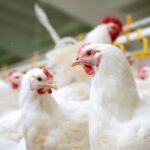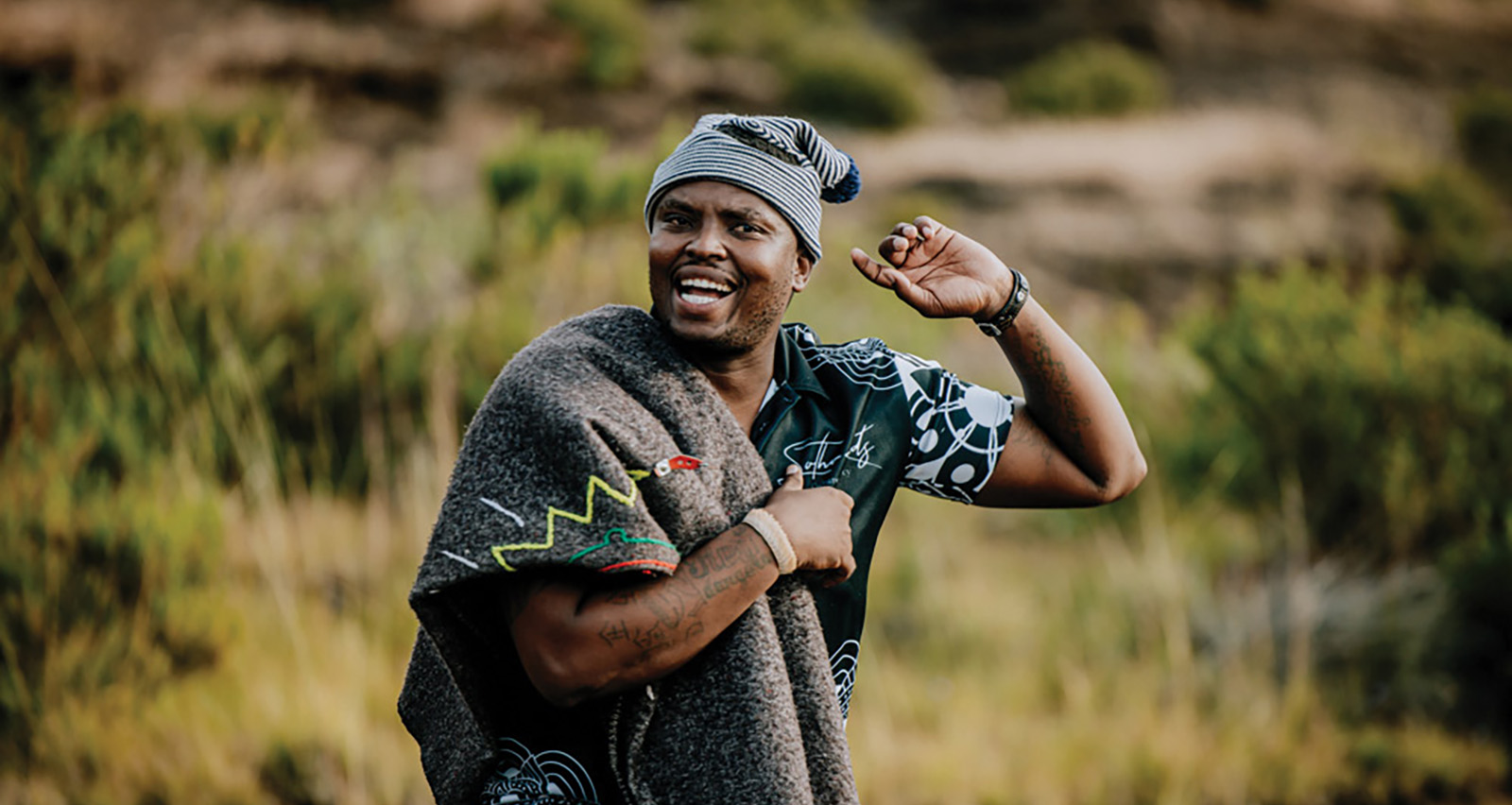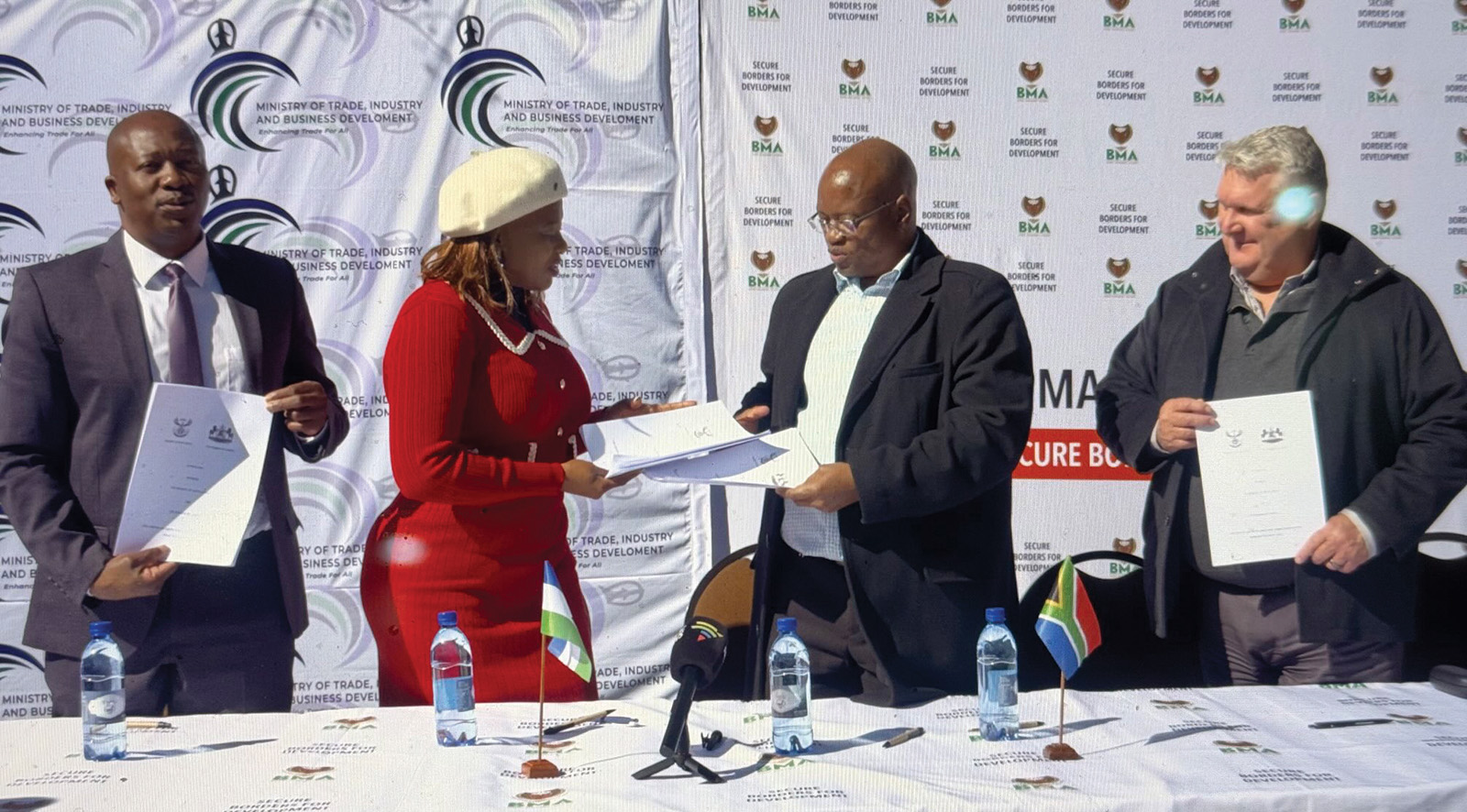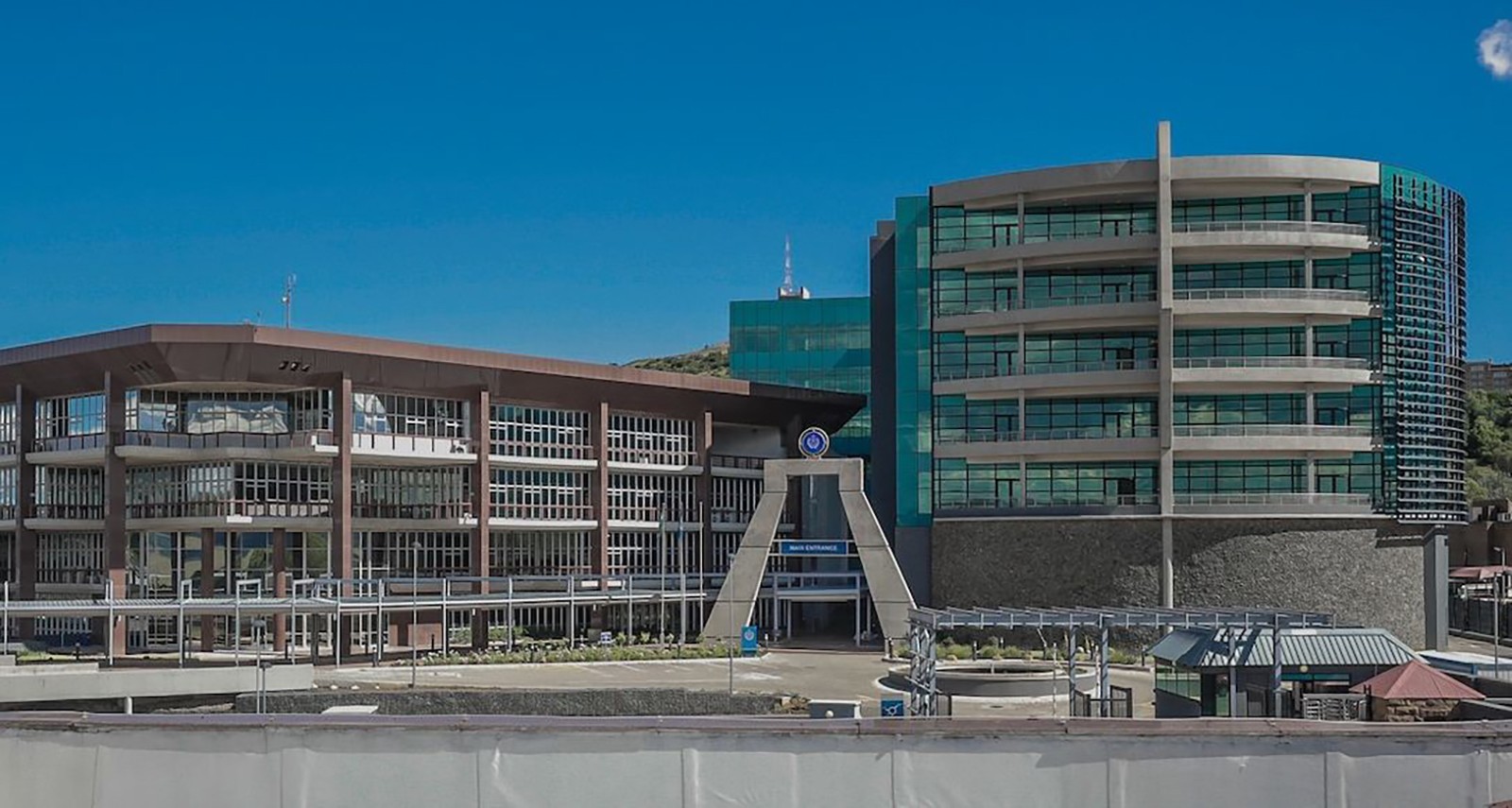Poultry suppliers petition PM over import ban

SHARE THIS PAGE!
‘Mantšali Phakoana
Poultry farmers and suppliers will today petition prime minister Sam Matekane to lift the government ban on chicken and poultry products imports from South Africa.
They are scheduled to march from Pitso Ground to Sefikeng sa Moshoeshoe at 11am to bring their plight to the premier’s attention and highlight how the ban continues to threaten the viability of their businesses.
The ban on importation of chicken products by Lesotho two months ago has hit local poultry farmers, suppliers and fast-food franchises hard.
Speaking at a press conference, the chairperson of a group of farmers and suppliers, ‘Mantsane Rantekoa, said they had to close down due to the shortage of chicken in the country.
She noted that the ministry of agriculture had encouraged them to import poultry products from elsewhere after South Africa was placed on “red alert” by the World Organisation of Animal Health but this is too expensive for them.
So huge and devastating is the impact that popular fast-food giants, KFC and Galitos, have been forced to temporarily close down all restaurants in Lesotho, sending hundreds of workers home.
TheReporter has learnt that 400 employees from KFC and 80 from Galitos have been placed on temporary retrenchment.
Retailers like Shoprite and Pick n Pay have also not been spared as they have run out of chicken stock ahead of the festive season.
A blanket ban on poultry products was imposed by the department of livestock in the ministry of agriculture, food security and nutrition on October 11, 2023, following outbreaks of Highly Pathogenic Avian Influenza (HPAI), specifically the H5N1 and H7N6 strains, in various provinces of South Africa such as Gauteng, Mpumalanga, Limpopo, Free State and Kwazulu-Natal, during September and October this year.
The government said it took the drastic action to ensure the safety and security of Lesotho’s poultry industry.
Consequently, the department suspended issuance of all import permits for poultry products including frozen chicken, eggs and live birds with immediate effect.
They want the government to issue them licenses to import chicken products from virus-free producers in the neighbouring country.
This after South Africa’s department of agriculture, land reform and rural development issued a statement on November 15, 2023 announcing that HPAI outbreak was under control.
It also noted that 70 percent of farms that were not infected by the virus continue to produce eggs and chickens.
Meanwhile, on November 14, 2023 the concerned franchises had a meeting with government secretary, Thabo Moleko, representatives from the ministries of health, labour, trade and industry to plead for the lifting of the ban on chicken products.
The fast-food franchises accuse government of unnecessarily imposing a blanket ban without researching about the disease and its impact on the country’s economy, businesses and Basotho’s jobs.
They argue that they have invested billions in the country while government does not come up with solutions to address this challenge.
They further claim that unlike with live birds, it is impossible for frozen chicken to contact flu.
The franchises have also assured that food quality and safety remain their utmost priority, adding that they source their poultry products exclusively from certified Al-free farms in South Africa, which undergo rigorous daily testing to ensure they are free from the virus.
They also expressed concern that they might be forced to close down permanently if the government does not consider removing the blanket ban. This would inevitably lead to more job losses in the poultry industry and economic drain to the country.
A manager at a fast-food outlet said the government panicked when it put a blanket ban on importation of all chicken products without taking into consideration the impact on the economy.
“The government acted very hastily without really understanding the facts about the disease. They are taking advice from one or two senior veterinarians without other alternatives.
“We understand that government could impose a ban on birds to protect the poultry industry but they are putting an unnecessary ban on us,” he said.
The franchises emphasised that they follow strict import measures until the meat is delivered in the country.
They indicated that since 2019 they have been providing certification from SA producers to show that chickens are bird flu-free and maintain worldwide standards.
The chickens come in at -25 degrees Celsius and at this temperature there is no way viruses or bacteria can survive, they added.
“Bacteria or any virus can only survive between 5 and 65 degrees Celsius. We defreeze our chicken at below 5 degrees Celsius and follow very strict standards. We then glow the bird at a much higher temperature than 65 degrees.”
The manager added some of the franchises had spent close to M7 million to develop their outlets to improve services.
“Unfortunately, we would be forced to pull out of the country if there is no action from government,” he warned.
The director – veterinary, public and food safety in the ministry of agriculture – Dr Tabitha Seeiso pleaded for patience until the government declares that the disease has been put under control.
She noted that being a member of the World Organisation for Animal Health, Lesotho is advised by the organisation whenever there is an outbreak.
“Lesotho like any other countries imposed a blanket ban because the World Organisation for Animal Health had alerted us on the danger of bird flu. Similarly, when SA has put the disease under control, the same organisation will inform us as countries that it is safe for us to import poultry and poultry products from South Africa.
“We are pleading with business people and Basotho in general to be patient. There is no government that would intentionally sabotage businesses in the country while knowing they contribute significantly to the country’s economy.
“Yes, from a business perspective, South Africa can declare that some suppliers are virus free but scientifically it has been proven that the virus can spread within a short period of time. Avian influenza, also known as bird flu is a viral infection that can infect not only birds but also humans and other animals,” she said.
Dr Seeiso added that they do not want to take a risk and endanger the lives of Basotho by lifting the ban prematurely.
“As soon as it is deemed safe, based on disease surveillance, the department will make an announcement.”
However, this publication has since learned that WOAH does not dictate what action countries must take in the event of suspected outbreaks.
“Each country conducts its own risk assessment and puts necessary measures to ensure the safety of commodities of animal origin.”
On his part, Consumer Protection Association president, Dr Nkareng Letsie indicated that the government imposed the ban without considering the country’s poor economic state.
“Food insecurity has become an issue needing urgent intervention in the country therefore, the government should have by now considered all alternatives
“With the current state, we will see more job losses and economic decline, not only in the poultry industry, but in the country at large.
“Poultry and poultry products remain the cheapest protein which most of Basotho can afford. The situation now is worrying because government has not made any efforts to put measures to improve poultry products in Lesotho,” Dr Letsie said.

CityzeenLs nears 1 million YouTube views
9 days ago


New border plan to advance regional trade
12 days ago
Foul language lands man in court
12 days ago
Youth demand action on unemployment
12 days ago
Ex-ministers threaten to sue govt
12 days ago
CBL launches LERIMA awareness campaign
12 days ago

Youth unemployment declared a state of emergency
13 days ago